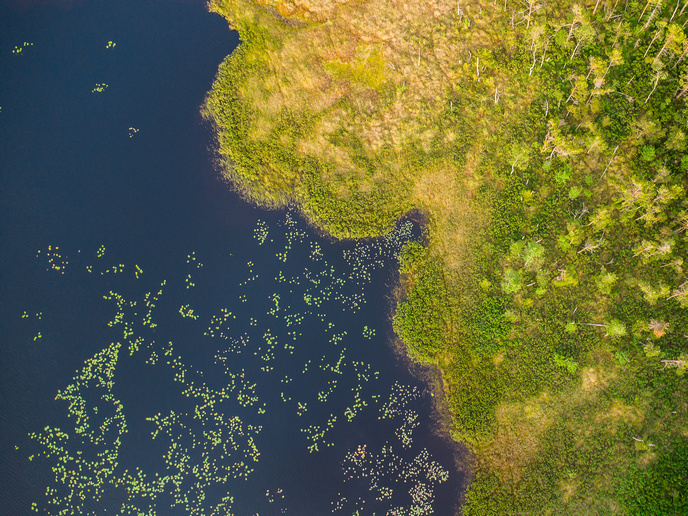A thyme model for species co-existence
Plant species thrive in localised communities, within which they compete for resources, co-adapt to environmental changes and co-evolve. Precisely how these interactions affect community structure is unknown; for example, some plants have either a beneficial or detrimental effect on neighbouring plant species. Using the thyme herb as a Mediterranean model, the EU-funded COMGEN project unravelled how a plant population's genes influence species co-existence and biodiversity. COMGEN researchers also developed computer models that predict the genetic and environmental conditions under which species either stably co-exist or become extinct. Thyme is a useful species for studying community ecology since it produces chemical compounds that affect the plants around it. Although chemical-producing plants usually harm associated species, the COMGEN team showed that thyme actually increases species richness and community diversity. A possible explanation is that variable chemical production by thyme causes associated species to adapt in response to the resulting chemical changes in their surroundings. This boosts diversity since the co-evolution of these associated plants would suppress non-adapted species such as the normally dominant grasses. Studying the genetic processes behind a variation in plant-produced chemical compounds will help pinpoint how species richness and co-existence are preserved within a community. In addition, computer models of plant communities featuring thyme will broaden our understanding of species interactions and the resulting ecological and evolutionary consequences.







